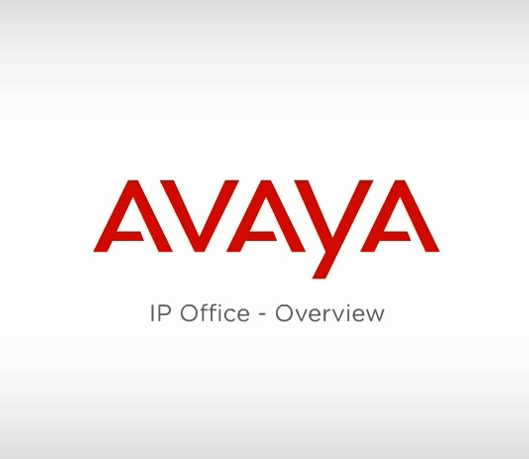Are Perpetual Licenses dead?
It is becoming more and more difficult to purchase software based on a perpetual license. For years, vendors have “sold” a license to a customer for the customer to install and run on their computers. The customer has the right to use that license, at that release level, for as long as they want. They pay a one-time (capex) fee and they are done. No more expenses other than annual maintenance.
There are two main negatives about this model from a customer standpoint: 1) there is a large one-time upfront fee for a perpetual license. It’s not a big deal if you are buying one single license for $250. But if you are a corporation and you need 10,000 Salesforce or Cisco licenses for example, it becomes a very big issue from a cash flow standpoint. 2) You are stranded on that release level that you purchased. If you bought release 10, then you will still be on release 10 four years from now and may be missing out on new business enhancing features. You can always buy the next release but then that would require another large capital outlay.
Enter Subscription.
Now, vendors are increasingly licensing their software on a monthly basis. You no longer purchase the license but “rent” the license which includes access to future releases. From an end user standpoint this solves the two main issues with perpetual licenses noted above. The monthly rental fee is a lot less than the one-time capex fee and you get future business enhancements included.
However, as the end user you have to be aware of some of the downfalls with this model. When you stop paying your monthly fee the license goes way. If you stop paying for a Netflix subscription for example, your service immediately stops – the same is true with subscription licenses. The other main consideration is that over the long term you will pay MORE for the subscription license then you would have paid for the one-time capex fee.
From a vendor’s standpoint, subscription licensing is great. Why get paid once for a license, when the license can generate a steady revenue stream year after year instead?
Perpetual licenses are a dying breed and in today’s market environment – they seem to be being phased out quickly.
Customers are finding an OPEX monthly cost far more palatable than investing in a license for long-term use as well as having a product which is updated regularly with enhanced features and benefits.
Furthermore, if your business has a large investment in perpetual licenses vendors will give you a one-time credit when you turn them in and move to a subscription model.
Microsoft really was a leading contender in the market’s move from Perpetual to Subscription. Moving to services like O365 also removes the headache of having to manage services like Exchange and SharePoint. As of 2019, Microsoft had a base of over 180 million active users.
Not a bad footprint.












 First American Business Solutions, Inc. is a Native American, Woman-Owned, Minority Small Business
First American Business Solutions, Inc. is a Native American, Woman-Owned, Minority Small Business